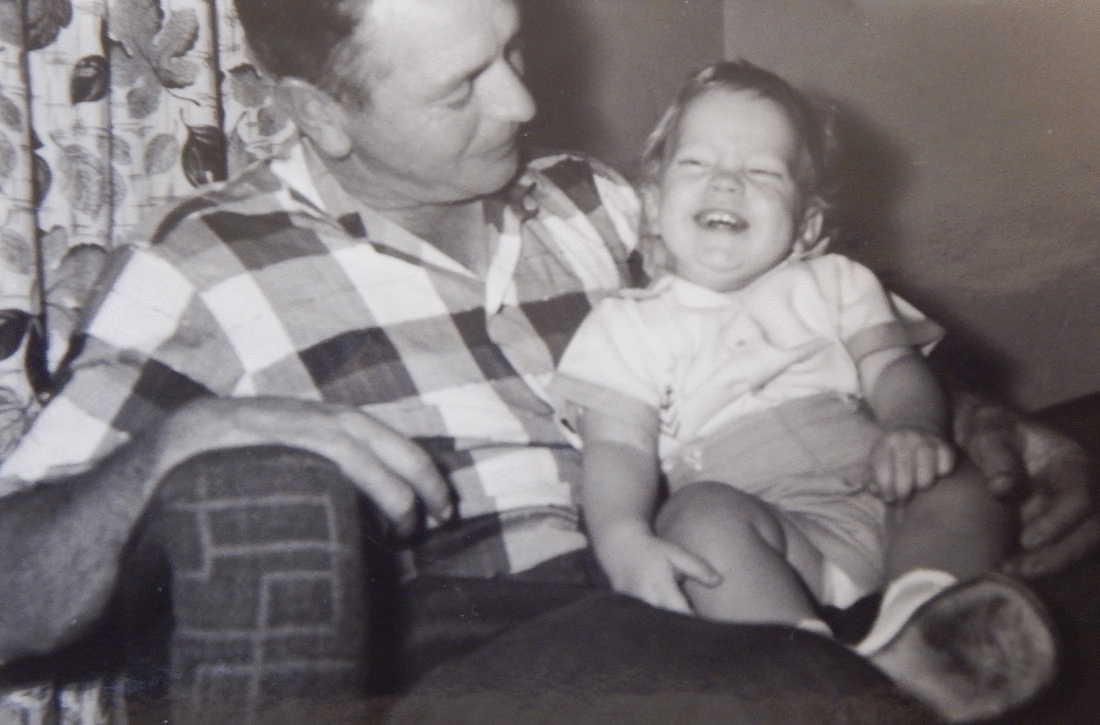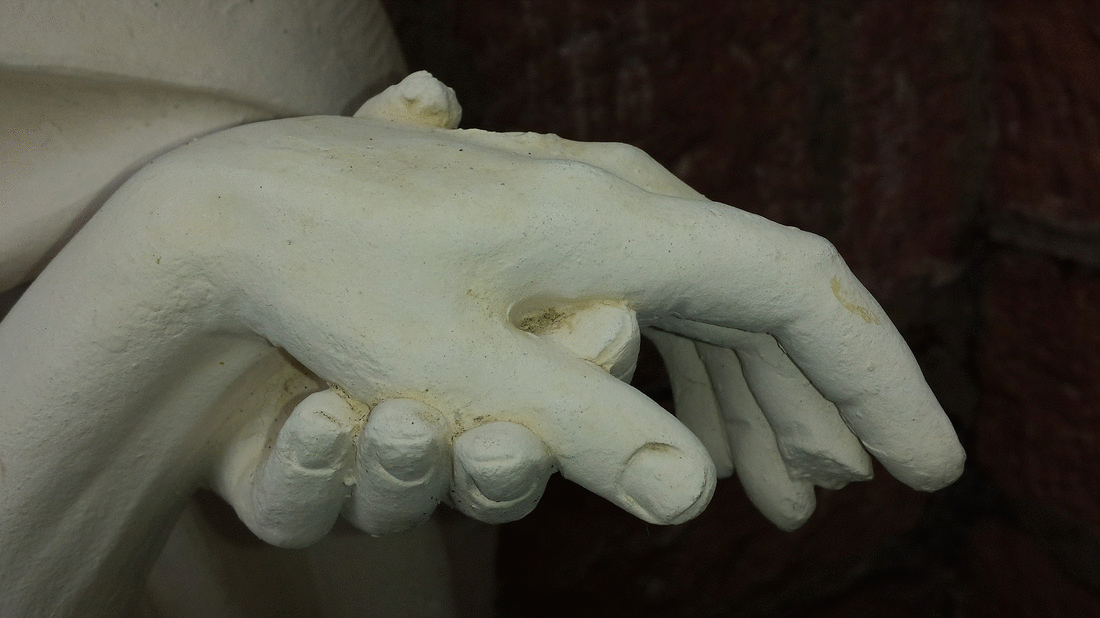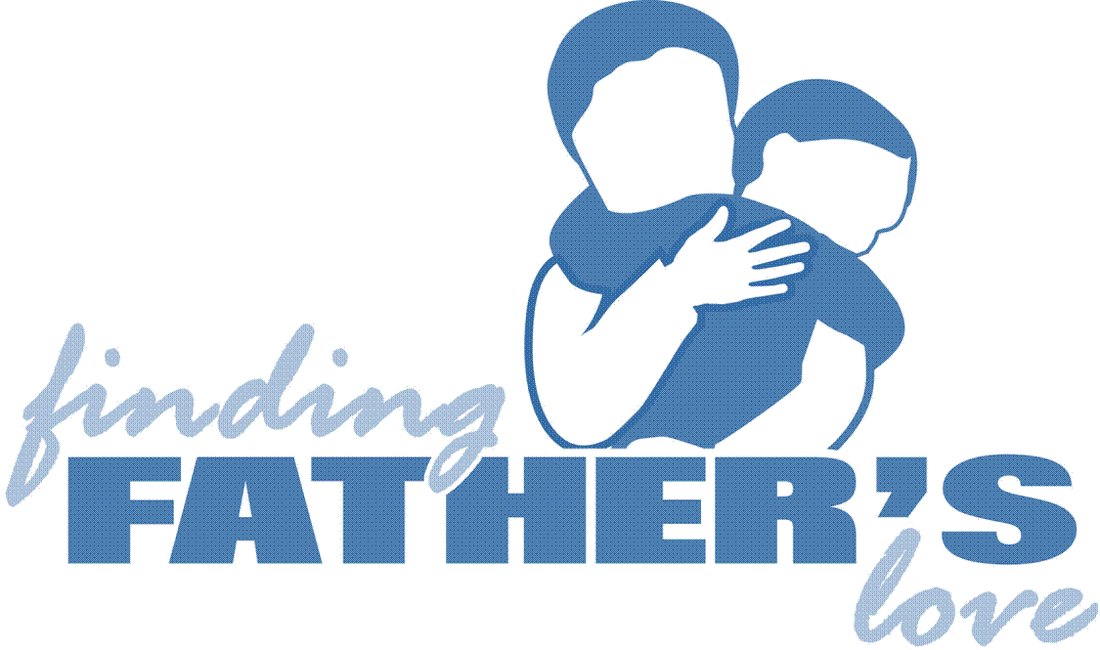The pastor was reading from the book of Ecclesiastes. The instant he began with the words, for everything there is a season, I began singing along with the Byrds in my head:
To everything, turn, turn, turn.
There is a season, turn, turn, turn.
And a time to every purpose under heaven.
A time to be born, a time to die.
A time to plant, a time to reap.
A time to kill, a time to heal.
A time to laugh, a time to weep.
Apparently the original lyrics were not written by Pete Seeger, but Solomon. And wise, old Solomon shares in Ecclesiastes 3 that there are not just times for everything, there are seasons. That suggests that whether we plant or reap or laugh or weep, it is not just for a brief moment of time, but for a season. When it comes to weeping in particular, that is important for us to remember.
Even in the Christian culture, there is a lot of misunderstanding about grieving. Perhaps one of the more common misconceptions--and one that causes undue and untold pressure on those who experience loss--is that we are to grieve for as little time as possible, then move on with our lives. Solomon debunks that bunk. He reminds us that grieving is a season of life.
In our part of the world the year is divided up into four seasons, each lasting three months. But in Solomon's neck of the woods, there were two seasons--summer and winter. So when Solomon writes about a season to weep, it was with the understanding that grief can be a very long process; it can and should take a significant amount of time.
A second misunderstanding about grief has to do with the very definition of the word. Grief is not merely "intense, mental anguish." It is the "expression of intense, mental anguish." That is an important distinction because if we are not expressing our anguish we are not grieving. For us to truly grieve, those intense and, I must add, very normal feelings need to come out.
So what do we need to do when faced with the heartache of loss in our lives? I offer two suggestions.
First, remember that grieving is a season. When we put time limits on when we should be done with grieving and "return to normal" we are short-circuiting the process. The truth of the matter is we will never return to "normal." Nor should we. We have lost something that was profoundly meaningful to us.
A woman once shared with me how she was crying one morning, grieving the loss of her mother, when the phone rang. The person calling could tell by her voice that something was wrong and asked her what was going on. In a moment of vulnerability, she shared that she was just missing her mom. Her "friend" responded, "Come on. That happened two weeks ago!"
Whether is was two weeks, two months, or two years, such statements are not only minimizing, they are hurtful. They are also the reason why many people grieve alone. We must grant grief the time it needs.
A second and crucial step in the grieving process is to find a safe place where you can express what you honestly feel. And be warned: gut-wrenchingly honest grief may include weeping, wailing, questioning, and cussing. If someone truly wants to be of help, they will allow us to let our anguish out no matter what form it takes.
Anger is a more common part of the grieving process than most good Christians would ever admit. It, too, must be expressed if it is a part of our anguish. It is not only okay, it is normal to hate cancer, to be furious over suicide, even to be ticked off at God for allowing death to happen.
Name your feeling. Own it. Express it. We cannot work through our feelings if deny their existence.
We must remember that unexpressed anguish doesn't simply dissipate over time. It will come out one way or another. It may take the form of resentment or depression or isolation or cynicism. But it will come out. It is important that it come out in healthy ways that honor God. We must seek friends or a good counselor who will help us to feel what we really feel, without judgement.
Expressing intense, mental anguish is not a bad thing. In fact, it is the key to our healing. We grieve deeply when we love deeply. We become stronger through seasons of weeping when we recognize that A., they are seasons and B., they require weeping.







 RSS Feed
RSS Feed